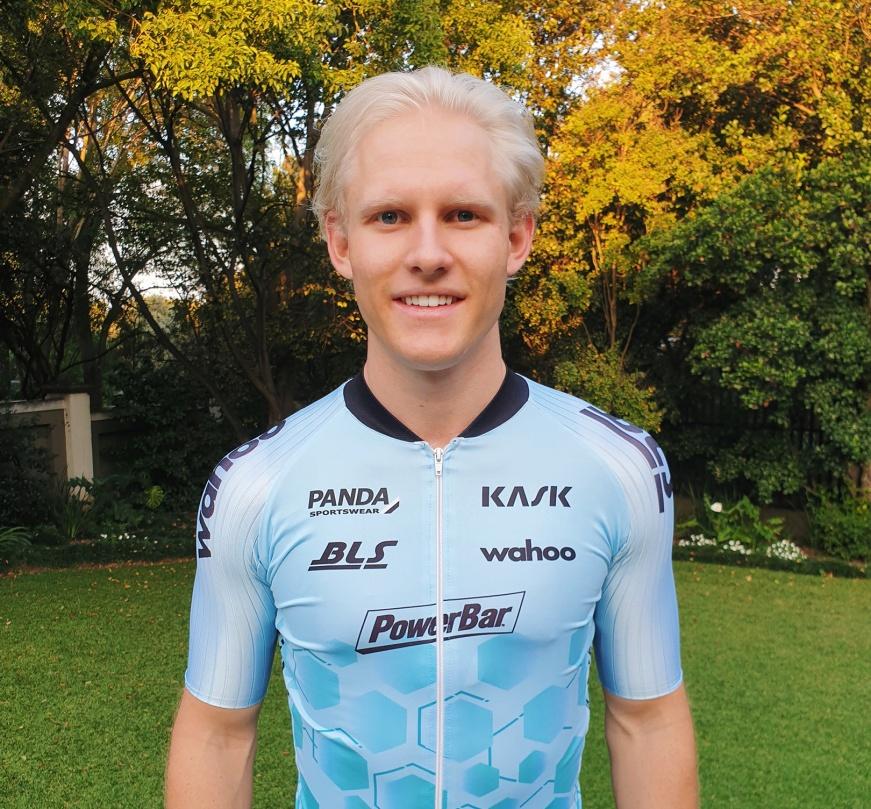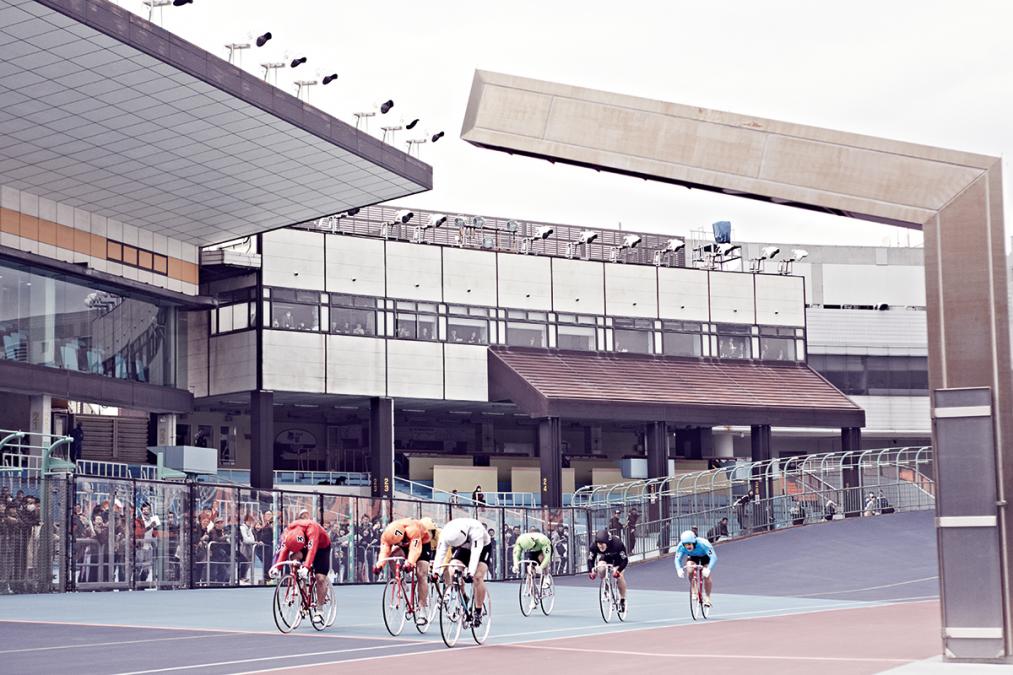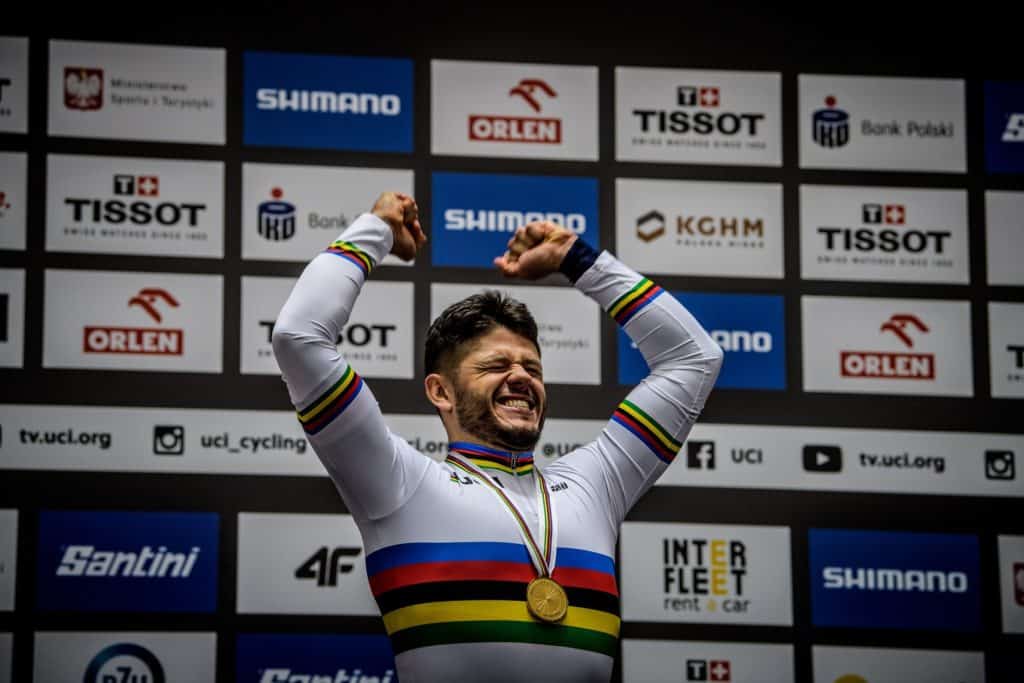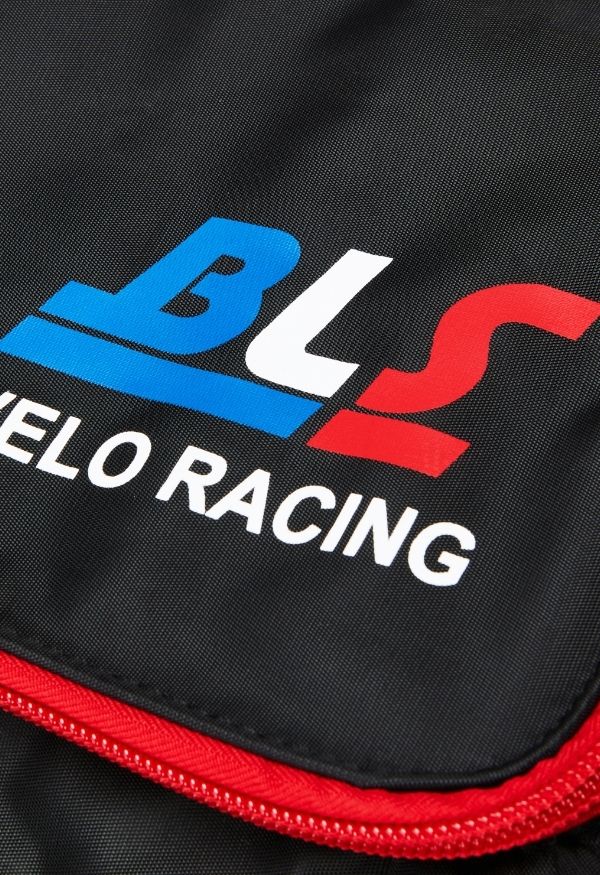Mitch Sparrow and I met up, in Cape Town, just as he finished his studies at Stellenbosch University and before returning home to Johannesburg, South Africa. Although I have known Mitch for a while, the casual interview about his cycling and academic pursuit and his forthcoming plans for the future, soon turned out to be extremely inspirational. He is also one of the warmest and most humble guys you’ll ever get to meet.

1.How did you get into cycling and more specific track cycling?
I was first introduced to track cycling through James Louter when I was 15. James was the manager for the MTN Qhubeka Academy, which I was a part of. This was an U16 and Junior (U18) road cycling racing team. James was a track enthusiast, so we often started training rides at the Hector Norris Velodrome in Johannesburg. James would often plan the training rides so that we would arrive back at the velodrome just in time for a track racing league where he would encourage us to participate and do some racing.
After about 4 weekends off track racing, we were shipped down to Cape Town to ride our first track cycling national champs. I had only ridden a track bicycle twice before the champs so I was a bit terrified to be riding without brakes to be honest, but ever since then I fell in love with the track, the community and of course the fast, grueling racing.

2. You are one of the current South African Team Sprint Champions, is this one of your favored events? What other events do you enjoy?
The Team Sprint is one of my favorite events. It seems to suit me perfectly as I am more of an endurance sprinter and therefore often race in position 2 or 3 (the rider who does 500m and 750m respectively). When I was studying at Stellenbosch University I was lucky enough to be part of a team with Jean Smith and Burton Witbooi, who are both very talented and dedicated sprinters. We would often train together and practice the Team Sprint as this was one of the main focuses. We worked very well as a team, where we managed to win two back to back national championships in 2018 and 2019, breaking the Western Cape record in 2019.
Other than the Team Sprint, I enjoy the 200m Match Sprint, the 1km Time Trial and the Keirin. In general I am more of a fan of the timed sprint events – as you are racing against the clock with no tactics. If you go slow or fast, you are slow or fast.There are no excuses – I like that most. The 1km Time Trial is a perfect example of this – where my coach, Grenville Scullard, once told me, “Mitch… you go until you blow, and then you go twice as hard”.
3. You have a degree in Mechatronic Engineering, are you analytical when it comes to training and data analysis?
It is very interesting to see how my engineering background has filtered into my training over time. For example, in analysing and understanding torque and power data, how the sample rate of different communication protocols affects this, the drivetrain efficiency with regards to gear sizes and so on.
Analyzing data is so important in track sprinting as you are looking for fractions of a second. There are many aspects that can be changed, even slightly(such as choosing the right gear), that can make you that little bit faster. Being analytical when it comes to training therefore does help as you can try to exploit these different aspects.When doing efforts however, that all seems to go out the window as I just try push myself to go as bloody hard as I can.

4. Your final year thesis in 2019 also involved bicycles didn’t it?
Yes, my final year Mechatronic Engineering thesis involved building a cost effective, portable device that could measure vibrational inputs to a bicycle and effectively analyse the effects of this vibration on the bicycle, its components and ultimately the cyclist.
In a nutshell, this device interfaced with multiple accelerometers mounted to various different areas of a bicycle.After testing was performed using the data logging device,an analytical model of the bicycle/component was built in MATLAB and Simulink where it was tuned to behave in the same way as the experimental model. Analysing how this analytical model was behaving allowed for a theoretical analysis of how the vibrations were affecting the cyclist.
The thesis concluded by providing further insight into how the respective components were behaving, how these vibrations affect cyclists as well as how these components could possibly be improved to provide a more efficient ride for a cyclist.
5. We believe you are going to train and race in the UK towards the end of this year and do a post grad at Nottingham University, please tell us about this existing news.
Yes, as it currently stands,I will be starting my masters in Computer Science with Artificial Intelligence at Nottingham University later this year. I completed my undergraduate in Mechatronic Engineering at Stellenbosch University, however I have always been interested in artificial intelligence, robotics and software development. This master’s degree allows me to explore these ideas further. I am very excited for this opportunity as it is a chance for me to not only further my academic career, but also my sporting career.
The UK is one of the leading nations when it comes to track cycling and the academic standard is also very high, therefore it is the ideal place for me to explore. I specifically applied to Nottingham University as they are one of, if not the best, universities at track cycling in the UK. Having the opportunity to race and train on some world class facilities with some intense competition will hopefully enable me to reach a higher level in the sport. I am also looking forward to doing more international races as I will be based in Europe – one of the hubs for international track cycling races.
Hendrik Grobbelaar
Black Line Sprinting





